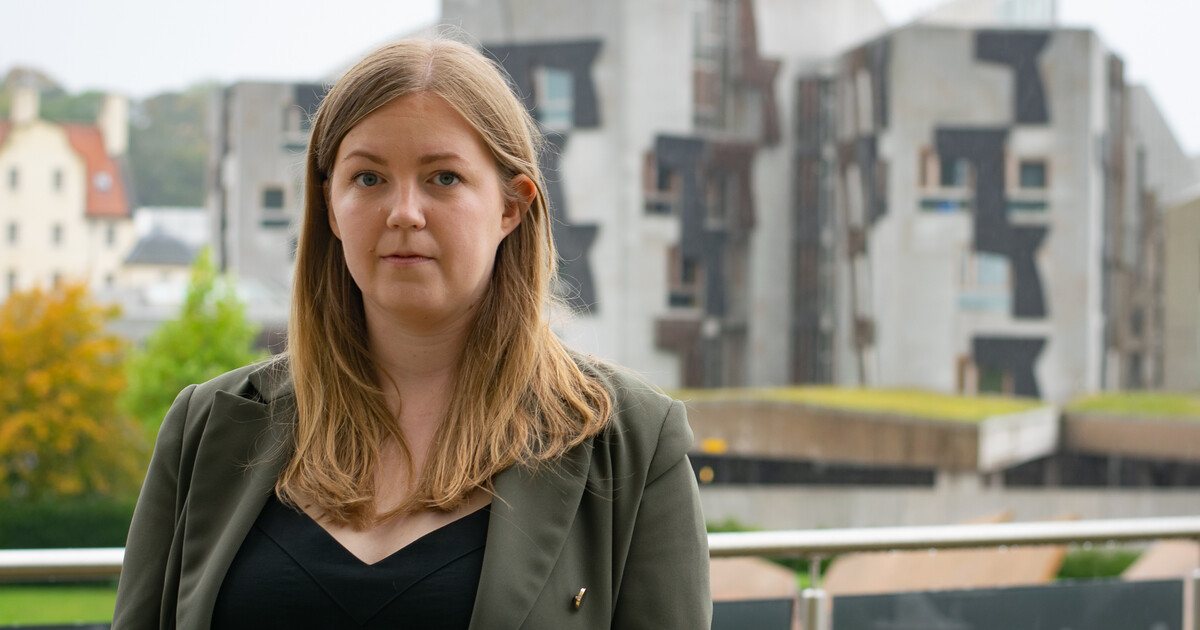Greens to lead debate on buffer zones

The Scottish Greens will today lead a parliamentary debate on introducing buffer zones outside abortion clinic.
The party’s health spokesperson, Gillian Mackay MSP, will commend the Back Off Scotland campaign and call for the introduction of 150m buffer zones, or protest free areas, around clinics that provide abortion services across Scotland.
Speaking ahead of the debate, Ms Mackay said:
“The COVID pandemic has shone a light on the way people access healthcare services, and the need to remove barriers to people getting the help they need.
“It reminds us that access to healthcare is a right, and the importance of that right has been writ large in the last 18 months.
“It therefore seems obscene that at this time, protesters would choose to launch a campaign to stand outside abortion and sexual health clinics to make accessing these services even more difficult.
“What is clear is that protests do not need to be loud or physically aggressive to be intimidating.
“People should not be discouraged from attending medical appointments. Abortion particularly is a time-sensitive issue where a missed appointment can have serious implications.
“Protest that is targeted at preventing often vulnerable people accessing medical treatment cannot claim a moral high ground, and these have no place in healthcare settings.
“Now, more than ever, people need to be able to access healthcare services and treatments they need in peace, without the fear of harassment, abuse or judgement.
“The notion of ‘buffer zones’ is a proven method of achieving this. In Australia and Canada, as well as some local authorities in England, these protest-free areas ensure that services are not obstructed.
“I’m keen to explore how they can work in Scotland, ensuring that we explore all options if we are to avoid a postcode lottery where women’s access to services depends on whether a local authority has acted or not.
“Today’s debate in parliament provides an opportunity to hear from all parties about how we might move this forward. The right to privacy and right to access legal, essential medical services must be protected.”